As Hurricane Milton, a powerful and potentially catastrophic storm, approaches Florida’s Gulf Coast, several jails and prisons located within mandatory evacuation zones will not evacuate incarcerated individuals. This decision has sparked growing concerns for the safety of thousands of incarcerated residents in the state’s correctional facilities.
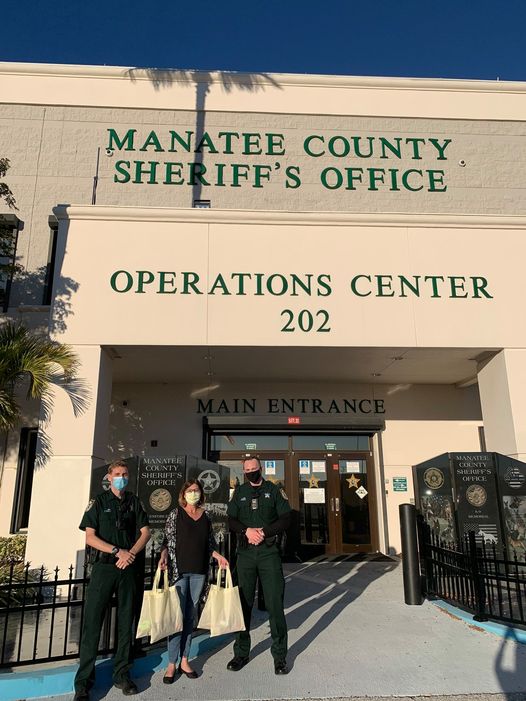
Among the jails refusing to evacuate is Manatee County Jail, housing approximately 1,200 incarcerated individuals. Despite falling within Zone A, a high-risk area for storm surges of up to 11 feet, Manatee County officials confirmed on Tuesday that the jail will not relocate its population. Local evacuation orders instruct residents in Zone A to leave immediately due to the extreme risk of life-threatening conditions from the storm.
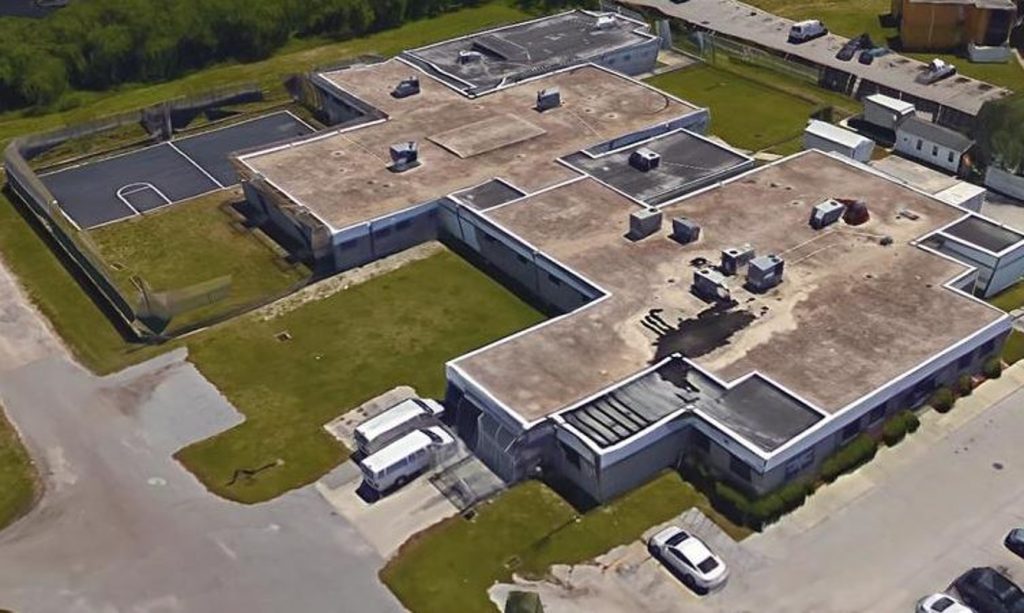
Correctional facilities in Sarasota, Hernando, Pasco, Charlotte, and Lee counties have also declared their intention to remain in place during the storm, even as evacuation orders are in effect across Florida’s Gulf Coast. Sheriffs in several of the affected counties, including Manatee and Lee, have stated that their jails are “secure buildings” and will not evacuate. Deputies plan to remain on-site to ensure the security of the facilities during the storm.
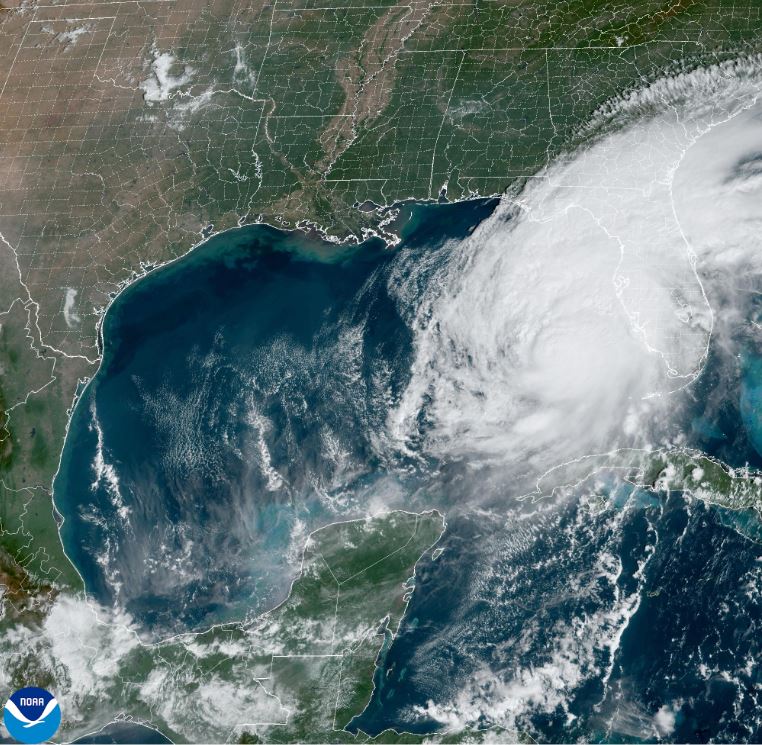
Hurricane Milton has intensified into a dangerous storm, currently packing winds of 125 mph, with the potential to reach Category 3 or 4 strength by landfall. According to the National Hurricane Center (NHC), Milton’s structure has begun to weaken slightly due to strong southwesterly shear, but it is still expected to make landfall as a major hurricane. The storm is predicted to bring life-threatening conditions, including devastating winds, storm surges exceeding 10 feet, and torrential rainfall.
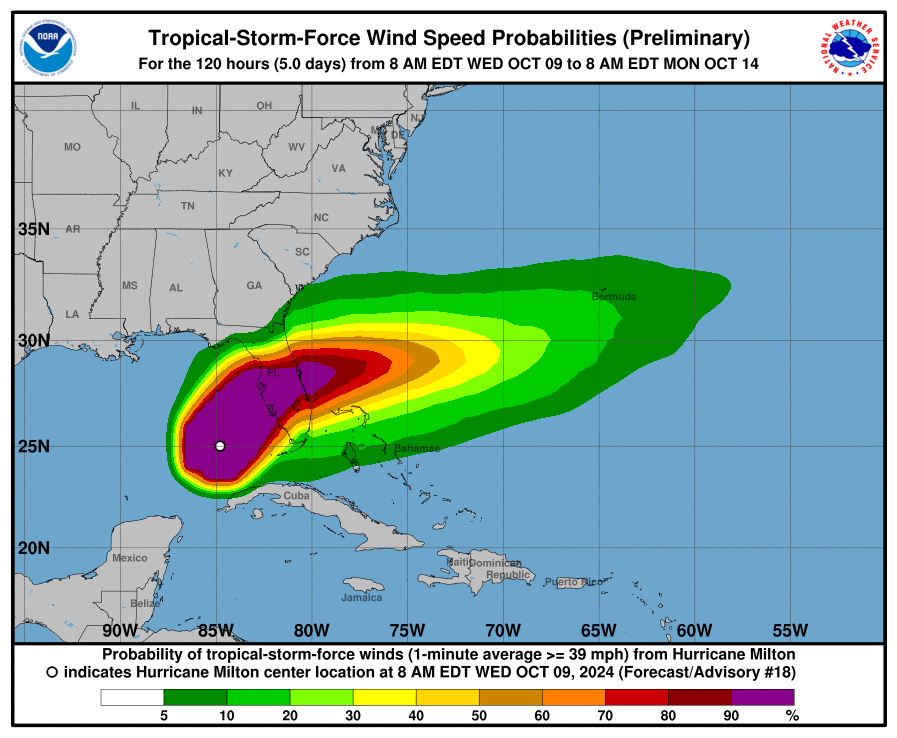
The NHC warns that Milton’s exact landfall location remains difficult to predict, with shifts in its path potentially altering storm surge levels along the Gulf Coast. Much of the west-central and southwest Florida coasts are at risk of extreme flooding and destruction, with 5.5 million people under evacuation orders. Despite these dire warnings, no evacuation orders have been issued for jails or prisons within the affected zones. Officials in Pinellas and other counties argue that the jail facilities are secure, even though similar claims have led to disastrous outcomes in the past.
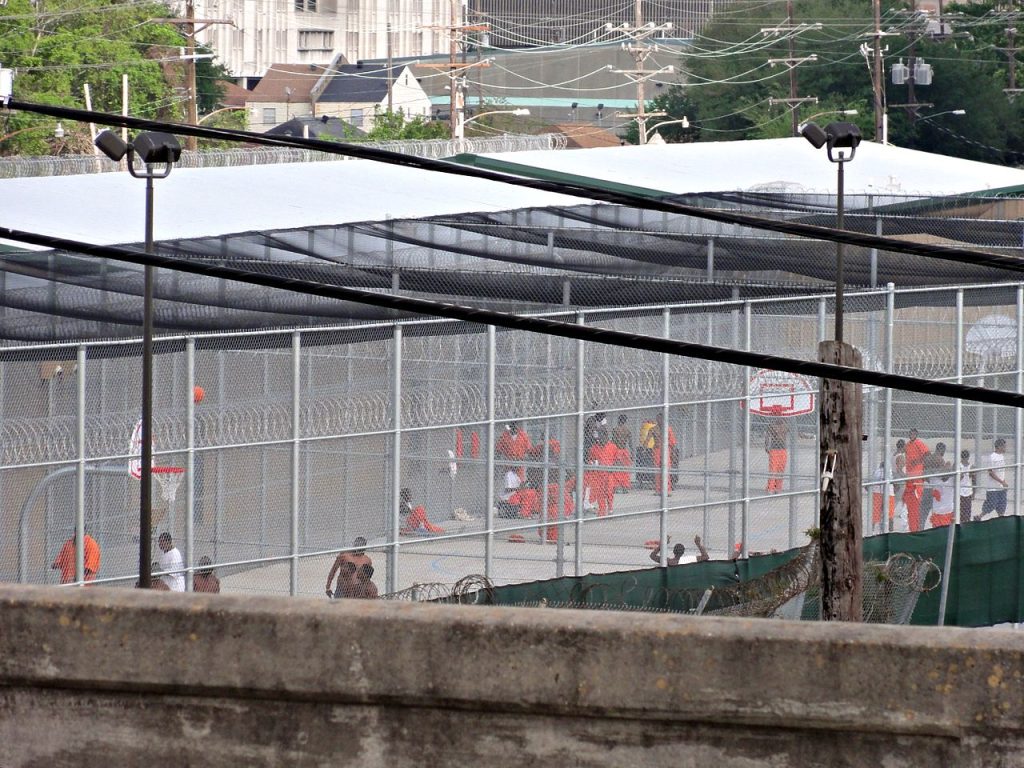
This decision draws troubling comparisons to the infamous Orleans Parish Prison disaster during Hurricane Katrina in 2005. Hundreds of inmates were left trapped in their cells for days as floodwaters engulfed the facility. Locked up without food, water, or rescue efforts, many prisoners were forced to stand on bunks to avoid drowning, while guards had abandoned the site. The incident exposed a critical failure in protecting incarcerated populations during natural disasters.
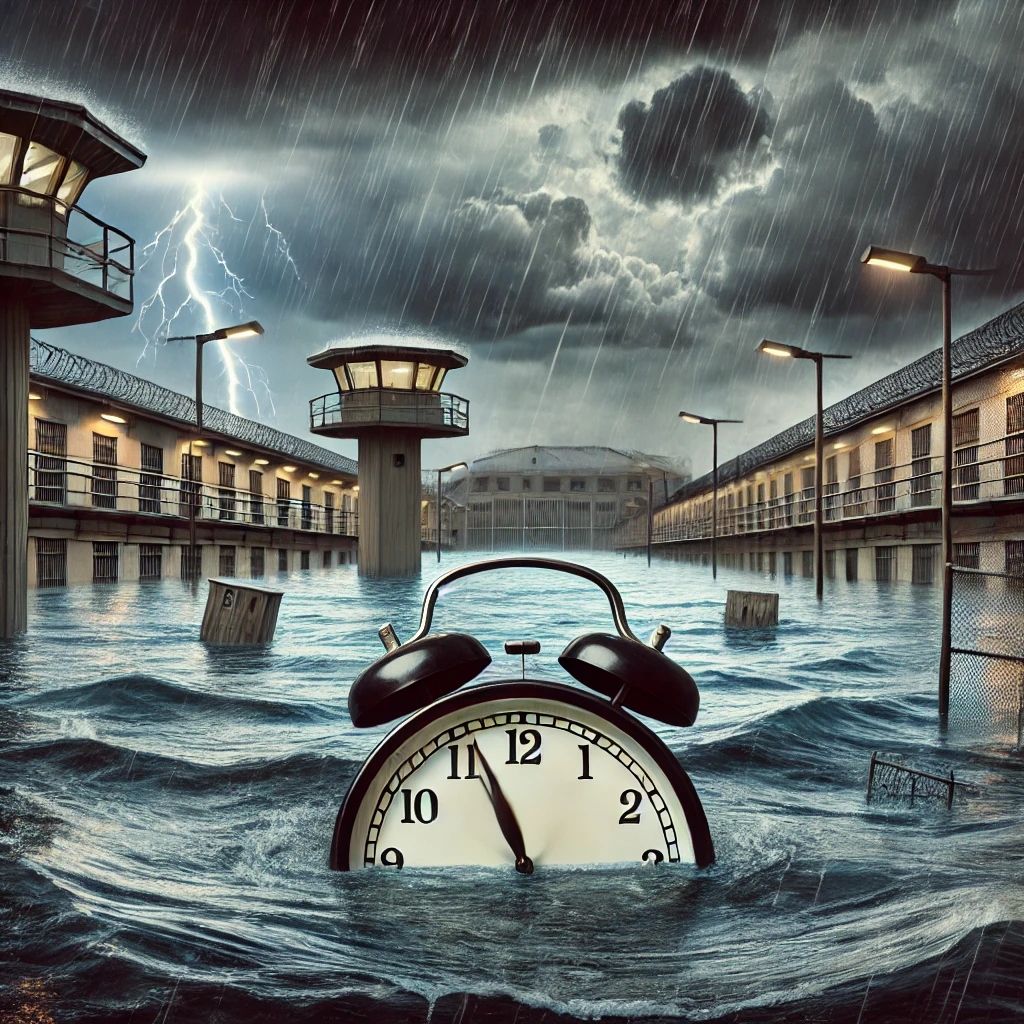
Now, as Hurricane Milton closes in, fears are rising that history could repeat itself in Florida’s jails and prisons. With devastating winds, life-threatening storm surges, and heavy rains set to pound the Gulf Coast, the refusal to evacuate incarcerated individuals from high-risk zones puts thousands of lives at risk.
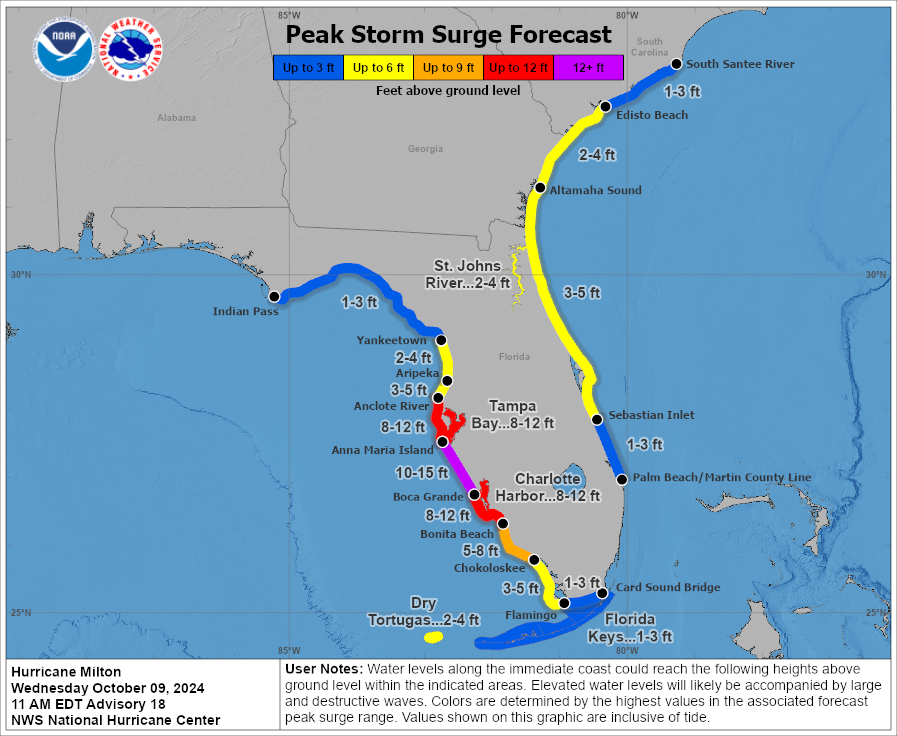
As the storm approaches, the time for preparation is running out. Residents and local authorities are rushing to complete their emergency plans, but for those left behind in Florida’s prisons, the danger is only just beginning.





